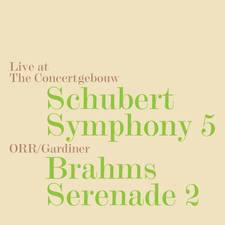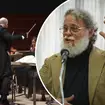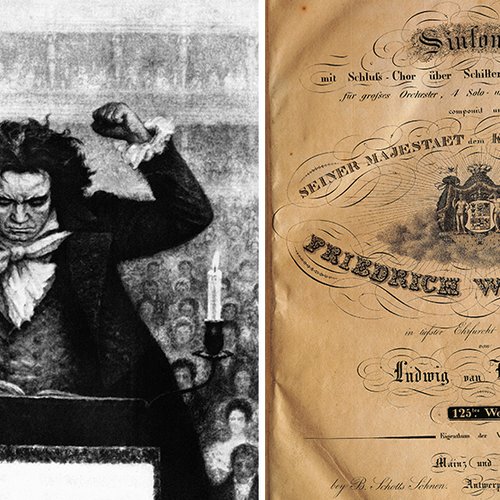Beethoven - Symphony No. 6 in F ('Pastoral')
Composed in 1808, Beethoven's 'Pastoral' Symphony is one of his few pieces to have explicitly programmatic content.
We hear the buoyant, optimistic, almost skipping melody that begins the symphony, and we’re instantly transported to calmer scenes. Beethoven promises an 'awakening of pleasant feelings upon arriving in the country'; if this music had a scent, it would be freshly cut grass and fields of bluebells, or maybe even a whiff of the farmyard.
Originally dubbed 'recollections of life in the country', Beethoven’s Symphony No. 6 is his homage to the great outdoors. The composer was, in many ways, an urban man, known and revered in Vienna, and central to the city’s reputation within European culture at the time. And yet, as the five descriptively titled sections of this piece so amply prove, he also had a joyous view of the countryside and all it contains. The work is one of the first real examples of what became known as 'programme music': music that tells a specific story or paints an aural picture of a particular scene. Just one of the many ways in which Beethoven was a groundbreaking composer.



























